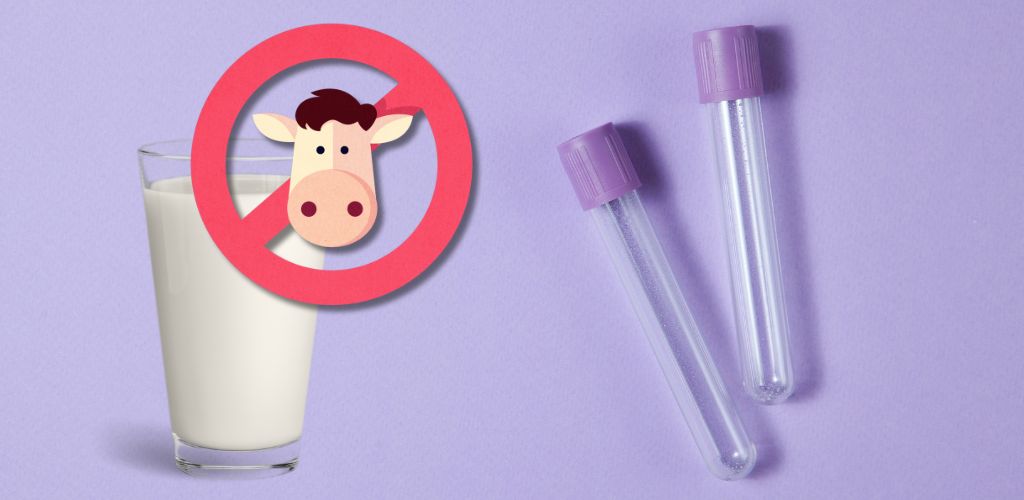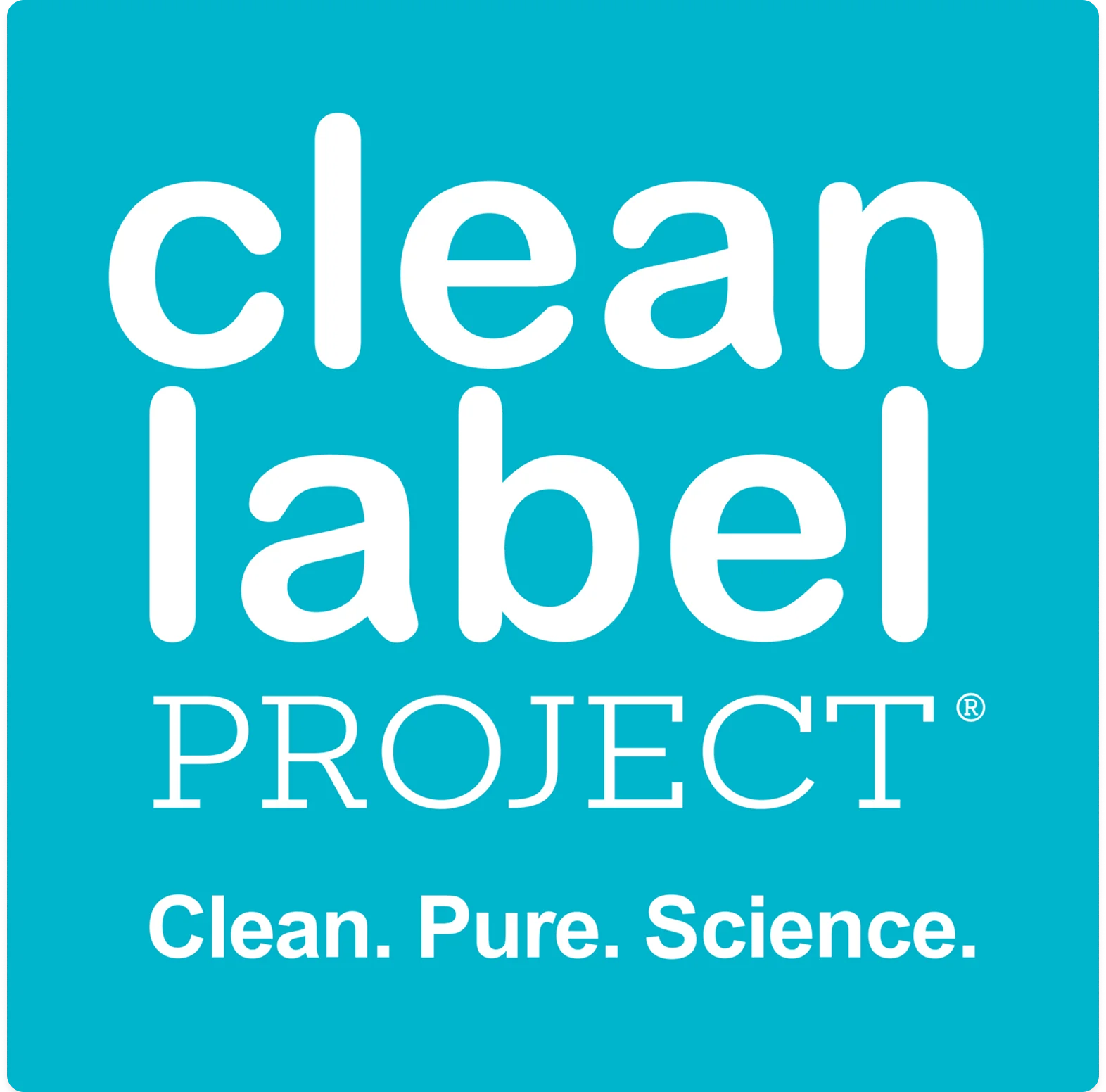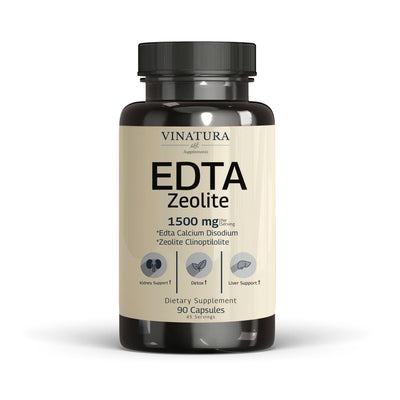
Is Calcium Disodium EDTA Dairy Free?
In today's era, managing dietary preferences is becoming increasingly popular, with many people opting for and adopting dairy-free diets.
Determining whether a particular ingredient suits a dairy-free diet can be challenging, especially regarding common food additives or preservatives like Calcium disodium EDTA.
This article will explore calcium disodium EDTA and its relationship with dairy and dairy-free diets.
Before exploring further, please read the disclaimer located at the end of this webpage.
Key Takeaways
- Calcium Disodium EDTA is a common food additive used. It is a chelating agent commonly used in the food industry to preserve and stabilize products by binding to metal ions that can cause oxidation and spoilage of food.
- Individuals with dairy allergies or those following a dairy-free diet need to be cautious about the ingredients they consume.
- Understanding the role of Calcium Disodium EDTA in food preservation is crucial for consumers, particularly those with dietary restrictions such as lactose intolerance or dairy-free diets.
What is Calcium Disodium EDTA in Food, and What is Its Role?

Research in the AgroFOOD journal 2011 affirmed that EDTA is a safe and effective food preservative, especially in preserving omega-3-rich products. EDTA is also considered a potential method to improve iron deficiency by enhancing iron absorption in food [1].
Calcium Disodium EDTA is widely used in the food industry to stabilize and preserve food products by binding to metal ions that can cause oxidation and spoilage.
It is a white powder soluble in water, formed by combining ethylenediaminetetraacetic acid (EDTA) with calcium and sodium.
This compound effectively chelates metal ions like iron and copper in processed foods, beverages, canned products, and nutritional supplements.
The role of Calcium Disodium EDTA in food is to prevent oxidation and maintain flavor, color, and nutritional value. Some of its applications include:
- Preserving the flavor of salad dressings.
- Preserving the flavor and color of canned fruits and vegetables.
- Extending the shelf life of certain foods by inhibiting bacterial, yeast, and mold growth.
- Enhancing the stability of vitamins and nutrients in nutritional supplements, helping to preserve their nutritional value.
What are Dairy-Free Diets?
Although milk is a commonly consumed meal product, some individuals are lactose intolerant.
If they accidentally consume milk, it can lead to adverse effects such as abdominal pain, diarrhea, and nausea. As a result, dairy-free diets have emerged.
A dairy-free diet avoids or eliminates most dairy products such as milk, butter, yogurt, cheese, and cream.
Unlike vegan or plant-based diets, a dairy-free diet still includes other animal products such as meat, fish, and eggs.
This means that individuals adhering to a dairy-free diet can consume animal products other than milk and milk-related products.
Of course, individuals may adopt a dairy-free diet due to lactose intolerance, milk allergies, or simply personal preference.
Therefore, it is crucial to consider the relationship between Calcium Disodium EDTA and dairy ingredients and its potential impact on dairy-free diets.
Explore more: Is Disodium EDTA Gluten Free?
Is Calcium Disodium EDTA Dairy Free?

If you're following a dairy-free lifestyle, you might have come across Calcium Disodium EDTA (CaNa2EDTA) in ingredient lists and wondered if it's safe for you.
The answer is yes!
CaNa2EDTA is completely dairy-free. It's created from chemicals like ethylenediaminetetraacetic acid and calcium salts.
So you can enjoy products containing it without worrying about hidden dairy sneaking into your diet.
But hold on, there's more to it than that. While CaNa2EDTA itself is dairy-free, double-checking the entire ingredient list is always a good idea. Why? Because sometimes, other dairy ingredients might be hiding in the mix.
Here's what to look out for:
Just because one ingredient is dairy-free doesn't mean the whole product is. Milk, lactose, whey, and casein are common dairy derivatives to keep an eye out for.
Consider contacting the manufacturer if you have a severe dairy allergy or sensitivity. They can give you more details about their production process and how they prevent dairy contamination.
Learn more: How to Take EDTA Supplements? Common Mistakes
How to Maintain a Dairy-Free Lifestyle?
For anyone on a dairy-free diet, it's essential to carefully read labels and learn about common ingredients that come from dairy.
How to Read Food Labels
Not all dairy ingredients are labeled simply as "milk" or "cheese," so reading the label and ingredient list carefully is crucial.
Understanding "Dairy-Free" and "Non-Dairy" Labels:
- "Dairy-Free" Products: The Food and Drug Administration (FDA) does not regulate the term "dairy-free," meaning these products might still contain milk derivatives such as casein (a milk protein) or whey. [2]
- "Non-Dairy" Products: According to FDA rules, "non-dairy" products can still contain a small amount of milk, specifically casein. [3]
Be sure to watch for these ingredients, as they all come from milk:
- Ghee
- Casein (curds), caseinates
- Calcium or sodium caseinate
- Hydrolyzed casein
- Hydrolyzed whey protein
- Lactoglobulin
- Lactalbumin
- Lactose
- Whey, whey solids, hydrolyzed whey
Learn about Alternative Ingredients and Substitutions
In addition to carefully reading food labels, it's useful to know about different ingredients that can replace dairy.
Here are some popular options:
- Plant-based milk: Almond, soy, and oat milk are excellent alternatives to cow's milk and can be used in various recipes and beverages.
- Coconut cream: This is a thicker, richer substitute for cream and can be used in soups, sauces, and desserts.
- Nutritional yeast: For a cheese flavor without dairy, nutritional yeast is a flavorful addition to popcorn, pasta, and casseroles.
- Cashew cheese: Made from soaked and blended cashews, this is a great spread for sandwiches and can be used as a dip.
- Vegan butter: Made from plant oils, this is a direct substitute for butter in baking and cooking.
- Stay updated with new research and developments.
- It's important to keep informed about the latest research and changes in the dairy industry to ensure your diet remains dairy-free. This mean:
- Paying attention to any adjustments in manufacturing processes or changes in the ingredients of products that might affect their dairy-free status.
- Staying informed helps you make the best choices for maintaining your dairy-free diet.
What Should You Be Aware of When Choosing EDTA As Your Dairy-Free?
Based on current research, calcium disodium EDTA's main potential side effects are digestive issues and allergic reactions.
Studies in rats have shown that large doses of calcium disodium EDTA can cause frequent, loose bowel movements and a decrease in appetite [6]
Allergic reactions can range from mild to severe and may include symptoms like rashes, itching, swelling, or difficulty breathing.
However, these side effects typically only occur if calcium disodium EDTA is consumed in very high amounts—levels that are hard to reach just through a normal diet.
Suppose you are allergic to calcium disodium EDTA or other food additives. In that case, talking to a healthcare professional for a proper diagnosis and advice is important.
Conclusion
Now you know: “Is Calcium Disodium EDTA dairy-free?"
It is completely dairy-free. Although it is a preservative in some dairy products, it is safe for those on dairy-free diets. If you're following a dairy-free diet, you can confidently consume products containing Calcium, Disodium, and EDTA.
However, always check ingredient labels and talk to healthcare professionals if you have concerns.
References
- [1] Carel Wreesmann. (2011, March). Food Preservation with EDTA Particularly of interest for omega-3 enriched products? ResearchGate; unknown. https://www.researchgate.net/publication/286503848_Food_Preservation_with_EDTA_Particularly_of_interest_for_omega-3_enriched_products
- [2] Dairy-Free and Non-Dairy? | FARRP | Nebraska. (2024). Unl.edu. https://farrp.unl.edu/resources/gi-fas/opinion-and-summaries/dairy-free-and-non-dairy
- [3] CFR - Code of Federal Regulations Title 21. (2023). Fda.gov. https://www.accessdata.fda.gov/scripts/cdrh/cfdocs/cfcfr/cfrsearch.cfm?fr=101.4
Author

Product Disclaimer
Including an ingredient or study does not evaluate, endorse, or recommend any Vinatura product or any third-party product. Some ingredients discussed may not be used in any Vinatura product.
The content of the articles has not been evaluated by the Food and Drug Administration (FDA) and is not intended to promote or endorse any specific product. Any products sold on this website are not intended to diagnose, treat, cure, or prevent any disease.
Opinions and Endorsements
Any claims, statements, or opinions expressed in the articles are those of the author(s) and do not necessarily reflect the views or opinions of the manufacturers of the dietary supplement products. The products sold on this website are separate from the content of the articles and are not directly endorsed or associated with the information presented here.
Liability Disclaimer
The author(s) of the articles, website, and manufacturers of the dietary supplement products do not assume any liability for any potential consequences arising from the use of the information provided in the articles. Ingredient effects, dosages, and safety vary by individual, formulation, and context; some ingredients interact with medications or may be unsuitable during pregnancy or lactation. It is recommended that individuals consult with a qualified healthcare professional before making any dietary or lifestyle changes, including the use of dietary supplements.
Product Usage
Please refer to the product labels and packaging for specific usage instructions and guidelines for the dietary supplement products sold on this website.
Customer Support
For any concerns or questions regarding the dietary supplement products, please contact our customer support team, who will be more than happy to assist you.






Leave a Comment
Be the first to comment.
What do you think?